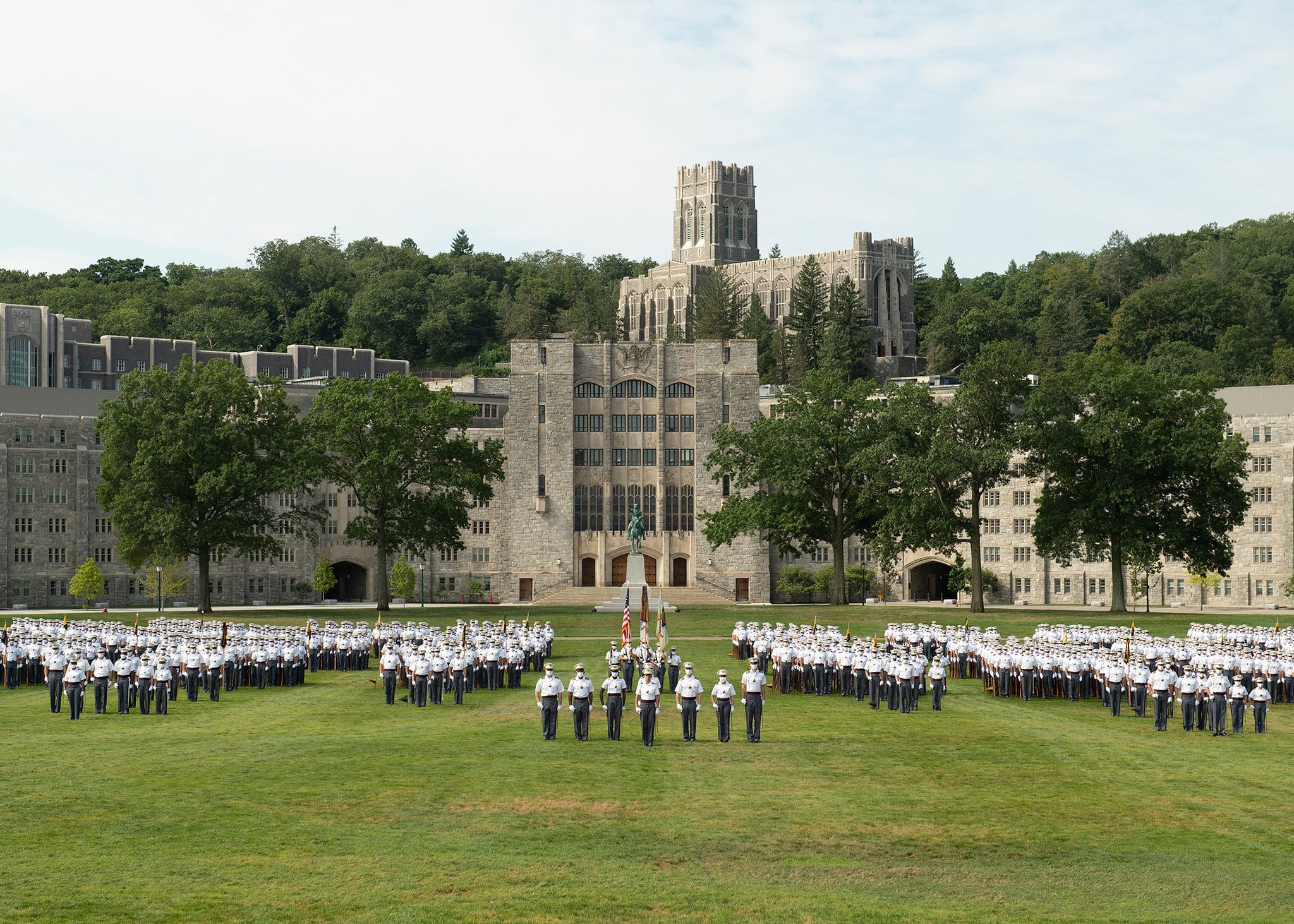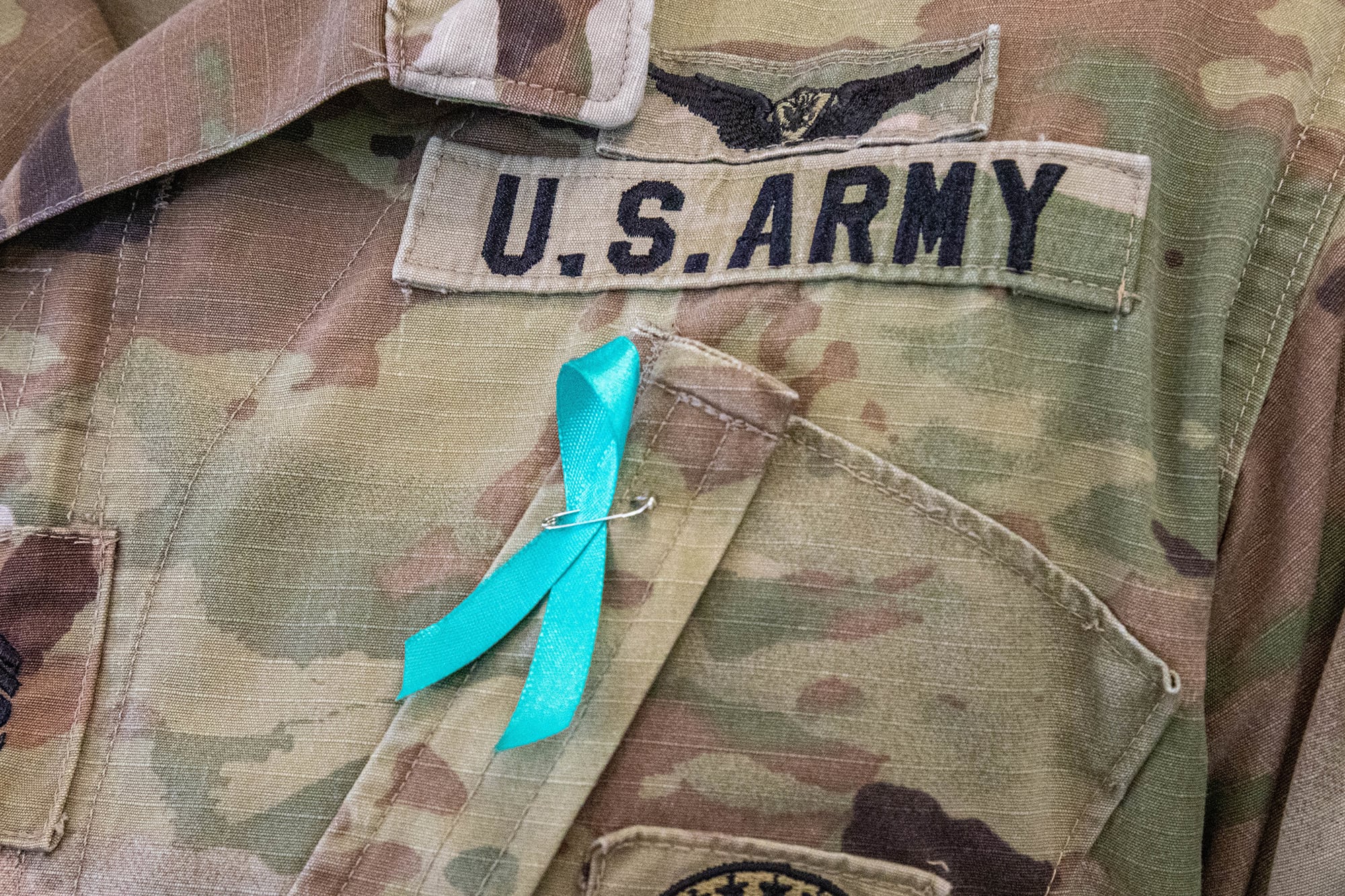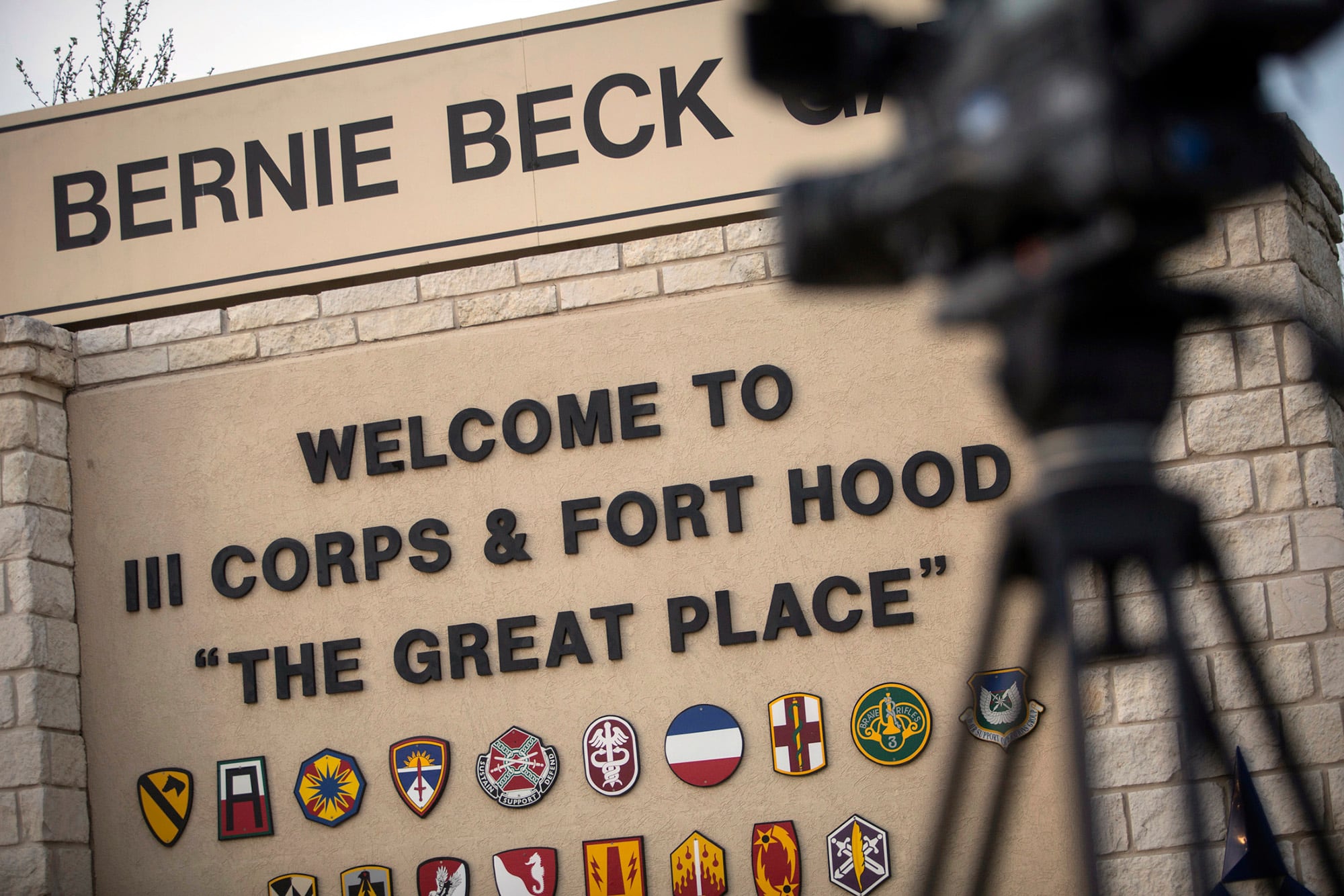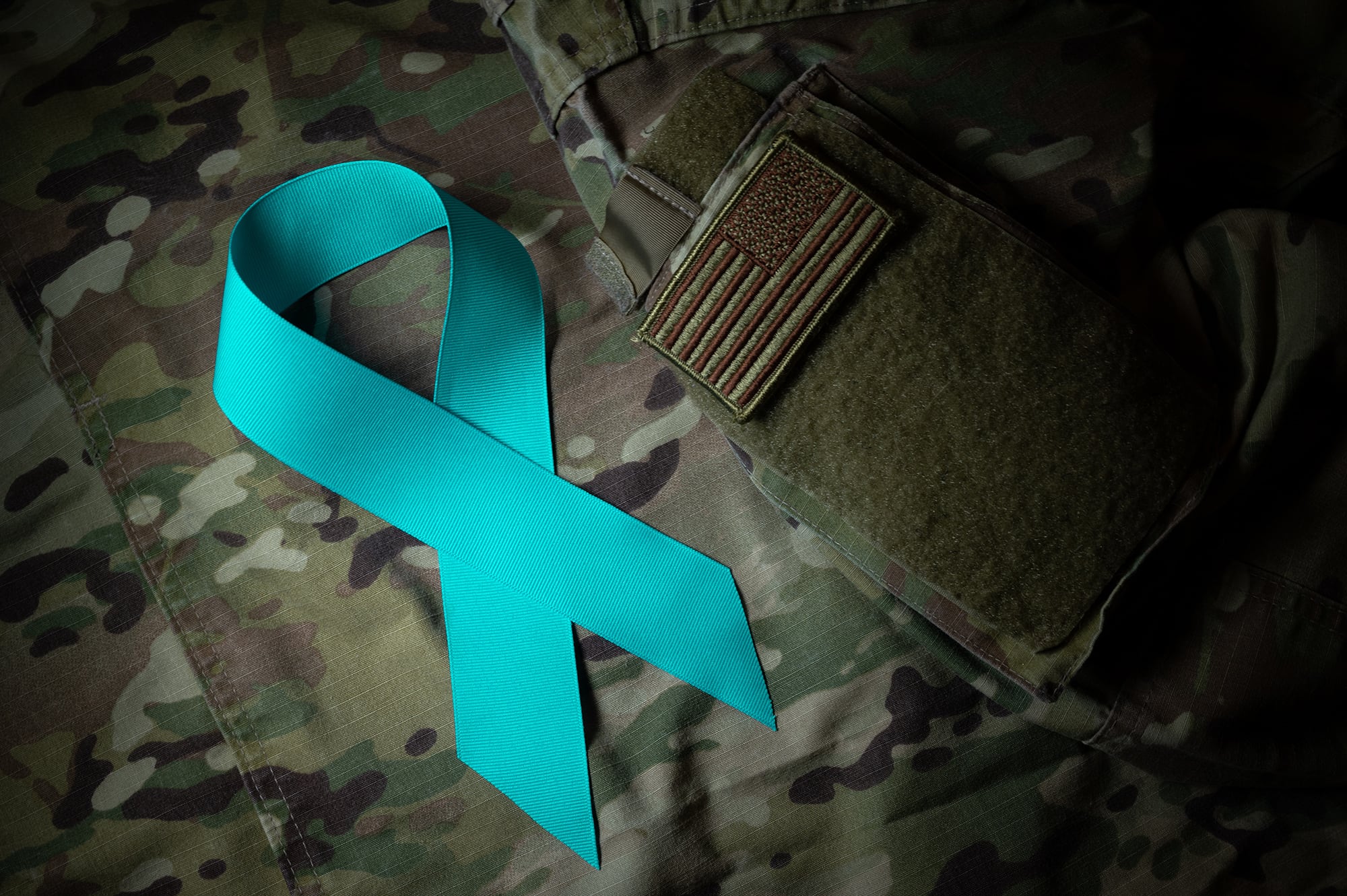WASHINGTON — Reports of sexual assaults across the U.S. military increased by a very small amount in 2020, a year when troops were largely locked down for months as bases around the world grappled with the COVID-19 pandemic, according to U.S. officials.
Officials familiar with the data said sexual assault reports went up by about 1 percent, compared with the 2019 totals. They said the Army and Marine Corps saw slight increases in the number of reports, while the Navy and Air Force saw small decreases. Officials spoke on condition of anonymity to discuss data not yet made public.
In 2019, there were more than 7,800 reported sexual assaults, up from more than 6,000 the previous year. It is unclear how much of a role the pandemic played in the small increase in assaults last year.
RELATED

While small, the increase is likely to only fuel the escalating debate about the Defense Department’s failure to reduce the number of sexual assaults and harassment over the last decade or more. And it will do little to quash growing arguments that military prosecutions of the crimes must be taken away from commanders and turned over to civilians.
Defense Secretary Lloyd Austin’s first directive after he took office in January ordered senior leaders to look into their sexual assault prevention programs, and he later created an independent panel to study the matter. That panel has already recommended that decisions to prosecute service members for sexual assault be made by independent authorities, not commanders.
RELATED

Such a change would be a major reversal of military practice and a shift long sought by congressional lawmakers. Austin has given service leaders 30 days to review the recommendation and come back to him with their input.
The military’s handling of sexual assaults and other violence in the military has come under significant scrutiny in the aftermath of a series of violent crimes, including murders and suicides last year at Fort Hood, Texas. More than two dozen Fort Hood soldiers died in 2020, including Spc. Vanessa Guillén, who was killed by a fellow soldier.
Her death prompted an independent review, which found that military leaders were not adequately dealing with high rates of sexual assault and harassment at the post. The chairman of the independent review panel told members of Congress in a hearing earlier this year that the base leadership was focused on military readiness, and “completely and utterly neglected” the sexual assault prevention program. As a result, he said, lower-level unit commanders didn’t encourage service members to report assaults, and in many cases were shaming victims or were actually the perpetrators themselves.
RELATED

Those conclusions have spurred military and defense leaders to pursue new solutions to the problem, which has stymied Pentagon officials for years.
Formal reports of sexual assaults have steadily gone up since 2006, including a 13 percent jump in 2018 and a 3 percent increase in 2019 that included a much larger 9 percent increase for the Air Force, according to Pentagon data.
The Pentagon releases a report every year on the number of sexual assaults in the military. Because sexual assault is a highly under-reported crime, the department also sends out an anonymous survey every two years to get a clearer picture of the problem. That survey was last done in 2018, and was scheduled for last year, but those plans were scrapped due to the pandemic.
Defense officials acknowledge that reports of sexual assault have steadily increased over the past 15 years, as the department worked to encourage victims to come forward. Department and military service leaders have implemented a wide range of programs to both deter assaults and protect and treat victims, and have focused more time training unit leaders how to better reach out to their young service members.
The 2019 report found that commanders took some kind of action on close to two-thirds of the cases.




